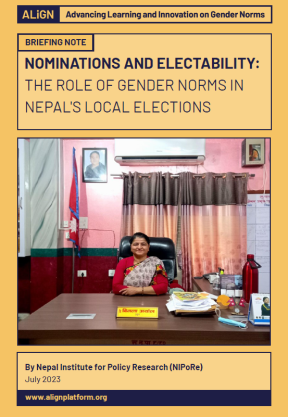- Briefing paper
- 26 septembre 2023
Experiences of female traditional leaders in Zimbabwe: an intersectional analysis
- Author: Tracey Muradzikwa, Prince Madziwa
- Published by: ALIGN, TechVillage

Traditional leadership in Zimbabwe is primarily reserved for men due to the predominant tradition of passing chieftaincy through male children. Women in these locally important and legally recognized political institutions are, therefore, overshadowed and little is known about their experiences. This research, conducted by TechVillage, fills an important gap in our understanding of how gender norms intersect with other systems of oppression and identities such as age, marital status and educational background, and how these shape how women traditional leaders enter into positions and are able to perform their various duties.
Through interviews with men and women chiefs, headmen and other traditional leaders from various provinces of Zimbabwe, the study finds that the experiences of women traditional leaders vary across communities yet are consistently shaped by intersectional patriarchal norms. As a result, women leaders, especially those that are younger or less educated, are often disrespected, harassed or ignored and face opposition from their families, communities and male leaders.
It is crucial for government and other stakeholders to support women traditional leaders by creating dedicated platforms and spaces for their representation, for example, and by working with community leaders on normalising women’s leadership.
- Countries / Regions:
- Zimbabwe
Related resources
2 November 2020

6 July 2023
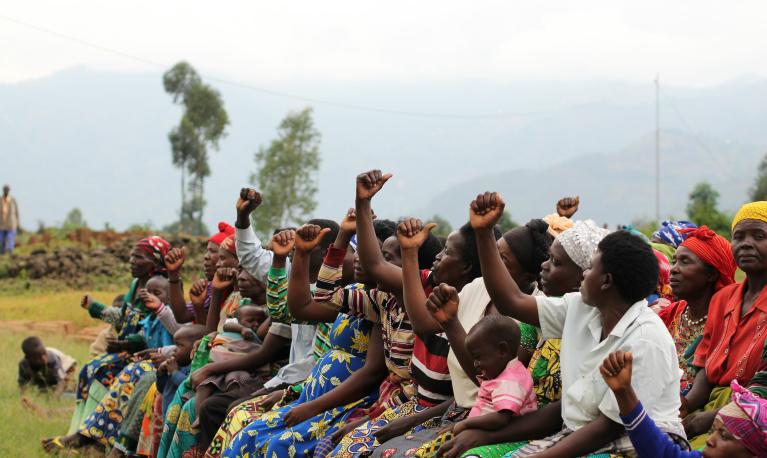
Blog
20 novembre 2023

Briefing paper
30 octobre 2023
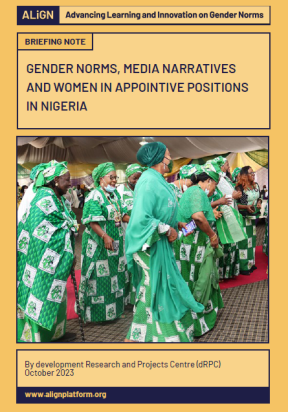
Briefing paper
16 octobre 2023
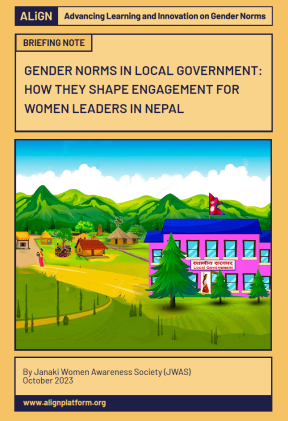
Briefing paper
2 octobre 2023

Briefing paper
2 octobre 2023
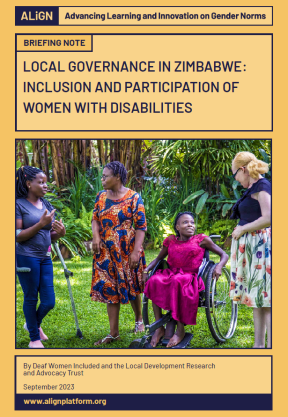
Briefing paper
21 septembre 2023
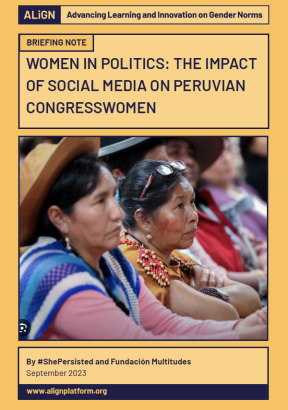
Briefing paper
13 juillet 2023
